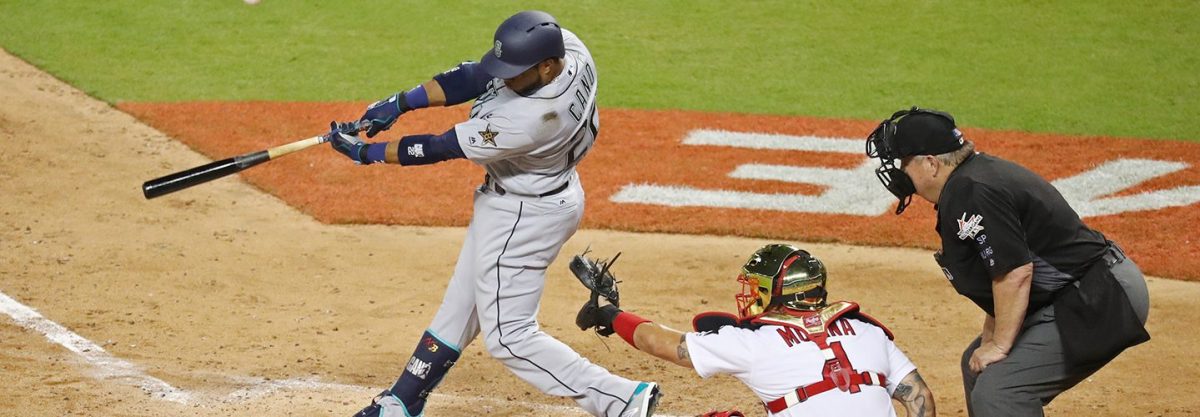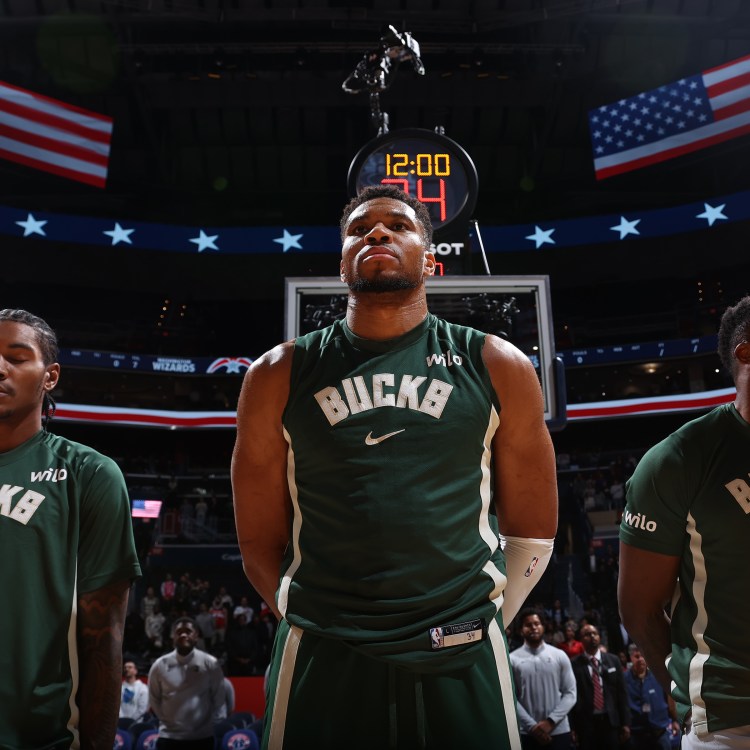This year’s Major League Baseball All-Star Game had everything going for it: A pair of veritable fireballers in Max Scherzer and Chris Sale starting the game. Young rookie phenoms in Aaron Judge, fresh off a victory at the Home Run Derby, and Cody Bellinger are powering through their respective leagues. And lineups filled to the brim with the game’s best of the best—which this season included players from teams like the Houston Astros and Minnesota Twins that have historically not been contenders this late in the season.
But maybe the game’s greatest hook? The fact that the American League was just playing the National League with no strings attached. As the New York Times notes, this was the first year where the winning league wasn’t rewarded home-field advantage in the World Series.
And although the game ended with a 2-1 win for the American League in the 10th inning—a decidedly close game—it’s questionable whether that even mattered. According to the Times, it didn’t help fan or even player engagement in the game. American League’s All-Star MVP, Robinson Canó, whose home run sealed the victory, wasn’t even aware of the rule change. “Now you don’t have to win to start the World Series. When I found out, I said, ‘I might get an at-bat—now it don’t mean anything.’”
The Charge will help you move better, think clearer and stay in the game longer. Subscribe to our wellness newsletter today.

















